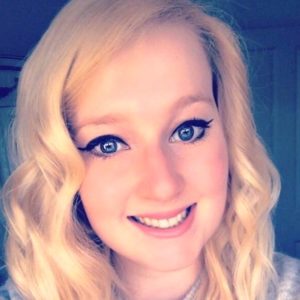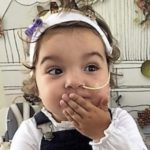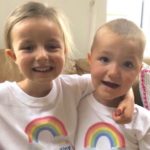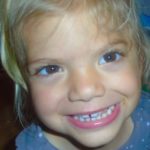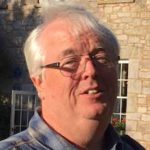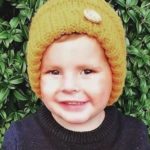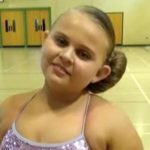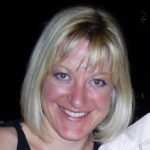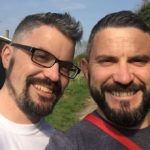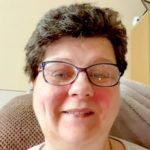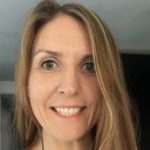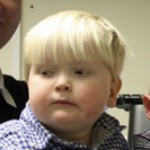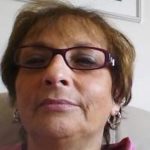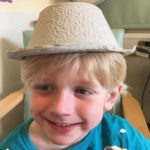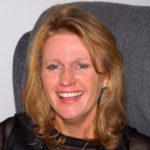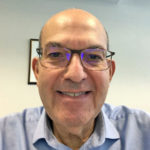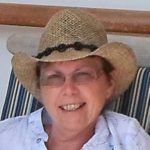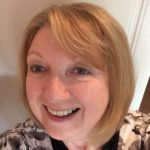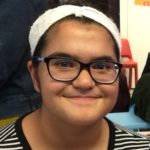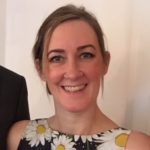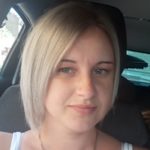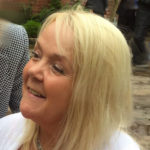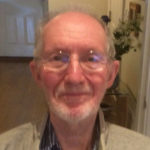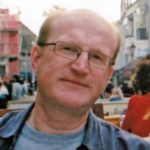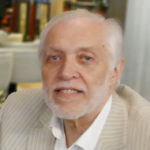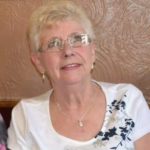I’m Melissa, age 27, finally diagnosed with GSD5 at the age of 26.
Living with McArdle disease I always knew something was wrong, but couldn’t get my questions answered. I would often hide my struggles for fear of being judged as lazy or unfit. I used to get embarrassed when I was in pain and suffering leg cramps, especially when walking short distances, as to others there was nothing visibly wrong with me.
Using ‘second wind’ without knowing
I would struggle through PE sessions as I couldn’t explain to anyone, nor would they understand, why I had difficulty running. Despite the way I felt I was able to adopt different methods when carrying out activities. I would often walk ahead when out for walks in the countryside in order to stop and start when needed, without slowing down or annoying others. I have since learned that I was accessing the ‘second wind’ phenomena.
Fifth attempt for a diagnosis
As it is such a rare disease it was very difficult to get a diagnosis. When the day came I felt such a relief, as I finally had a reason for the muscle cramps. The doctor seemed surprised that I knew about the disease. Now I understand why, as very few people have ever heard of it. It was my fifth attempt to get diagnosed. If it wasn’t for extensive Googling and encouragement from my partner, I still wouldn’t have a diagnosis. It’s important that GSDs are spoken about and stories told, to make diagnosis easier for others.
Not all disabilities are visible. After suffering in silence for so long, I believe this has made me the understanding and caring person that I am today. I am lucky to have a very understanding partner and family. I know my limits, and I am no longer embarrassed and not afraid to tell anybody that I have a rare muscle condition.
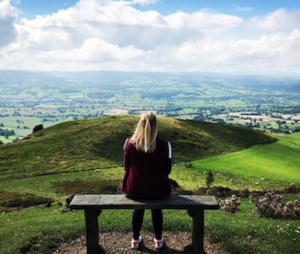
Melissa enjoys walking in the UK and abroad.
Now equipped to cope even better
I used to cope before getting diagnosed, but since then I have learnt to manage my body and explore my limits. I am able to continue enjoying activities I’ve always enjoyed doing. I do not let my condition prevent me from carrying out certain physical activities. I now know my limits and through the management of my condition I am able to accomplish even more.
My advice to anyone living with McArdle’s is to continue doing the things you enjoy and don’t be afraid to speak up. There is a community out there if you ever feel like you need some support or advice from others.

